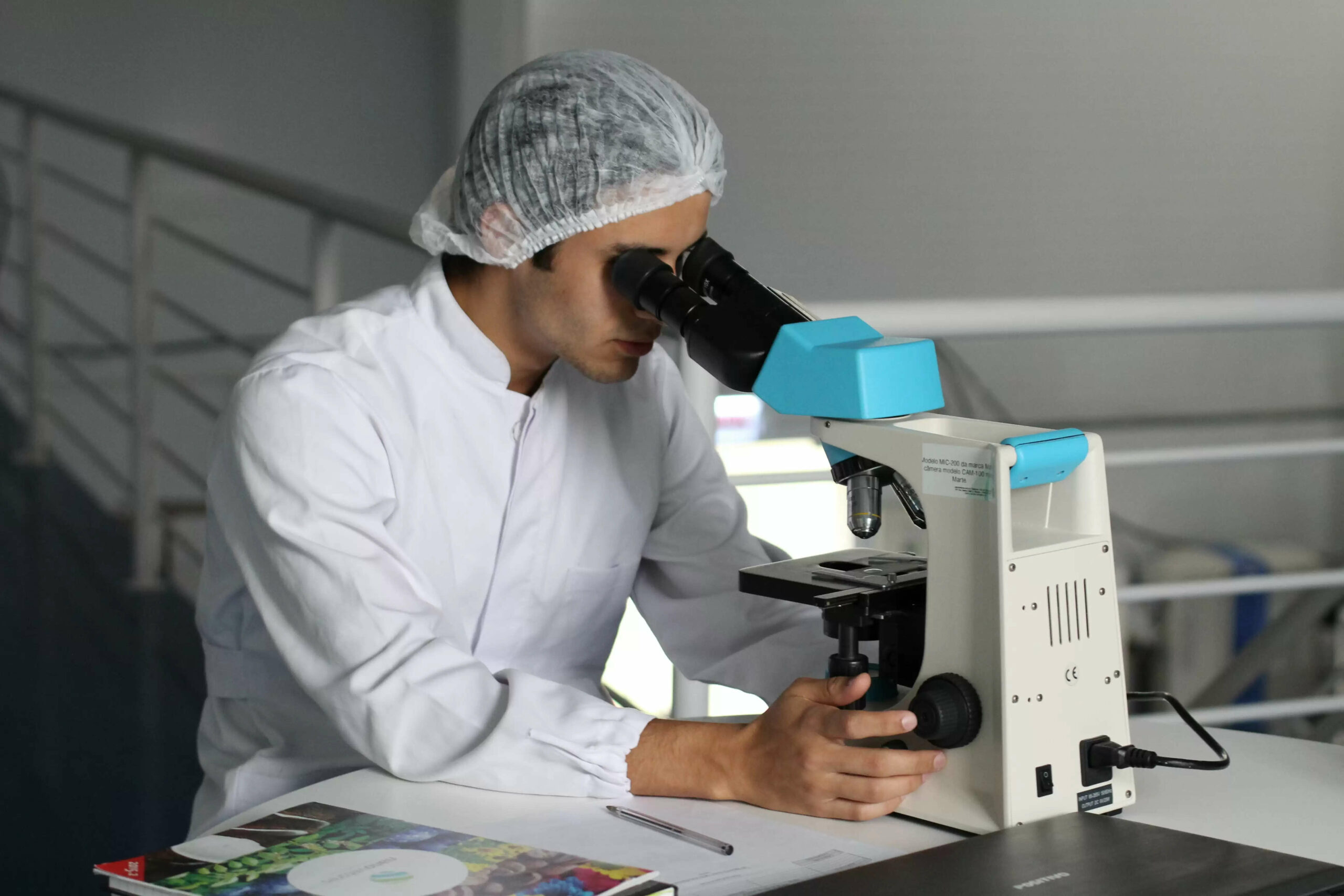Dubai is keen on attracting pharmaceutical companies from India reflects in the words of Humaid Al Qutami, Director General of Dubai Health Authority (DHA) who strongly believes that there are several areas in the health sector including pharmaceuticals where both Dubai and India can collaborate.
“The UAE and India share a deep-rooted, historic partnership. We can collaborate and continue this partnership with the aim to benefit the people of both the countries and provide high-quality and efficient patient care,” says Humaid Al Qutami.
Dubai recently decided to reduce its pharmaceutical imports by 18 per cent (from US$ 4 billion) by the end of 2022. This is significant, because by attracting Indian pharma companies to its soil Dubai can emerge as the MENA region’s pharmaceutical hub besides buffering itself against pandemic-like situations that can result in supply chain disruptions.

In pharmaceutical production India ranks 3rd and 14th in volume and value respectively and the country has a well-established domestic pharmaceutical industry. Hence, the country is well positioned to support Dubai’s strategic move, says Firaq Shroff, Director Marketing, Sunways which is majorly into ophthalmology and ENT segments.
“Dubai is the best gateway to the Middle East,” Shroff affirms, adding that Sunways could be an important asset for Dubai in its goal to emerge as the pharmaceutical hub. Dubai is not only a business hub for the MENA region but also provides inroads into the African market and is logistically well connected to all parts of the world. “It is an opportunity we look forward to since we are looking for newer avenues of growth.”, Shroff adds.
Indian pharma companies which want to expand their market would find Dubai an exciting base since its market value is predicted to touch a whopping US$ 6.8 billion by 2025 from the current US$ 1.6 billion. Also, noteworthy is the fact that Dubai is committed to attract FDI to the tune of US$ 2.5 billion to strengthen its pharma sector.
Rahulkumar Darda, Chairman and Managing Director, Brinton Pharmaceuticals, opines that Dubai’s new strategy on pharma sector would have far-reaching implications, and it would benefit the people of the UAE and the MENA region in general.
“It would increase the access to high-quality generic medicines from India; increased availability would lead to significant lowering of the prices compared to those from the European and American companies. We are upbeat about this initiative and we are gearing up to play a significant role in Dubai,” asserts Darda.
Brinton Pharmaceuticals with a strong presence in dermatology, paediatric, respiratory and family physician specialties is already collaborating with Dubai Municipality. The company last year had exported Favipiravir – an antiviral drug against Covid-19 – to Gulf countries.
Not just pharma companies, Dubai is also looking to collaborate in other healthcare areas, according to Humaid Al Qutami. So, it is not surprising that some Indian players including those in training, medical education and telehealth are keen on expanding their businesses to Dubai.
“As more pharma companies from India open their shops in Dubai, there will be more opportunities to fill the knowledge-gap. We want to make use of this opportunity and we are talking to some potential partners in Dubai,” says Hans Lewis, Founder and CEO of DocMode – an India-based global platform that provides interacting learning programmes to healthcare professionals across the world.

















